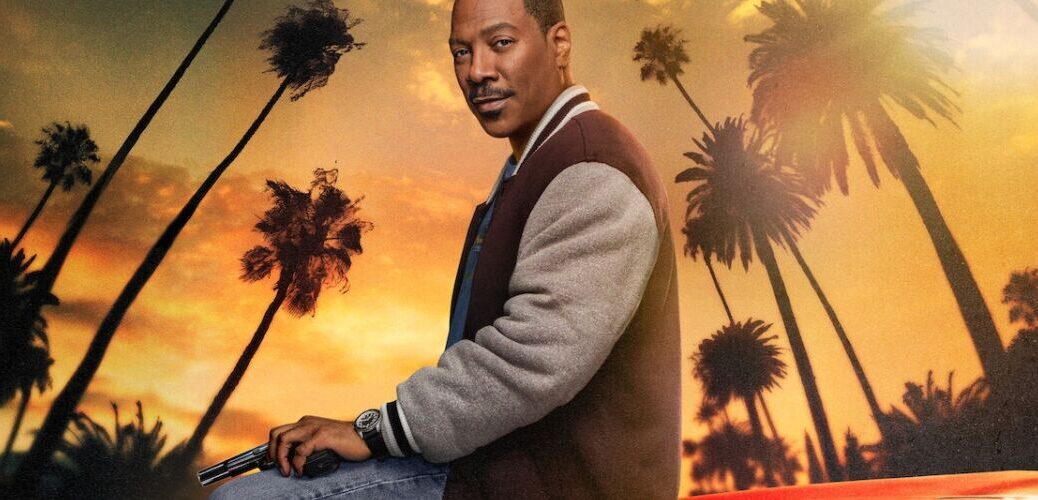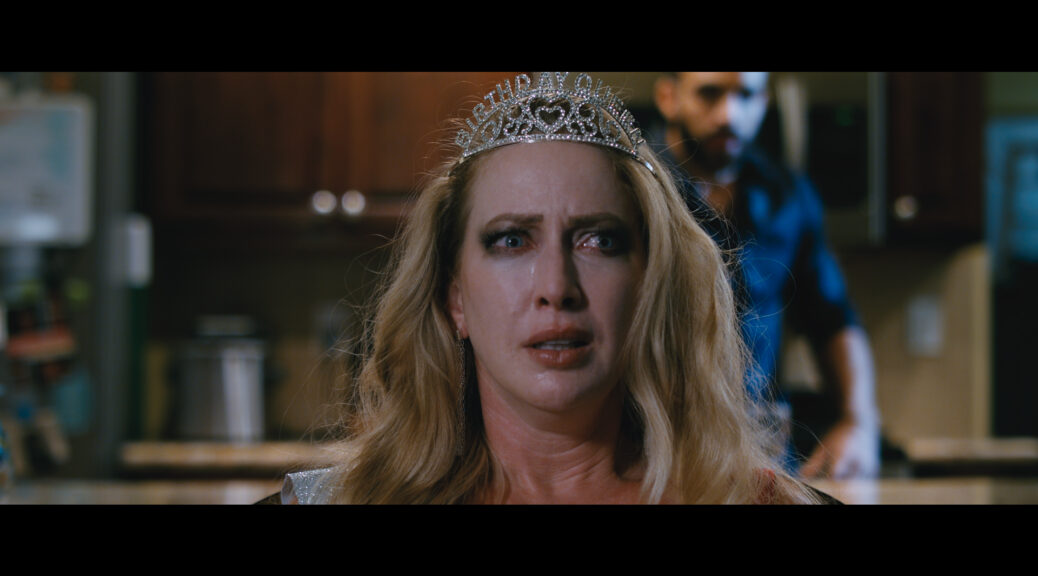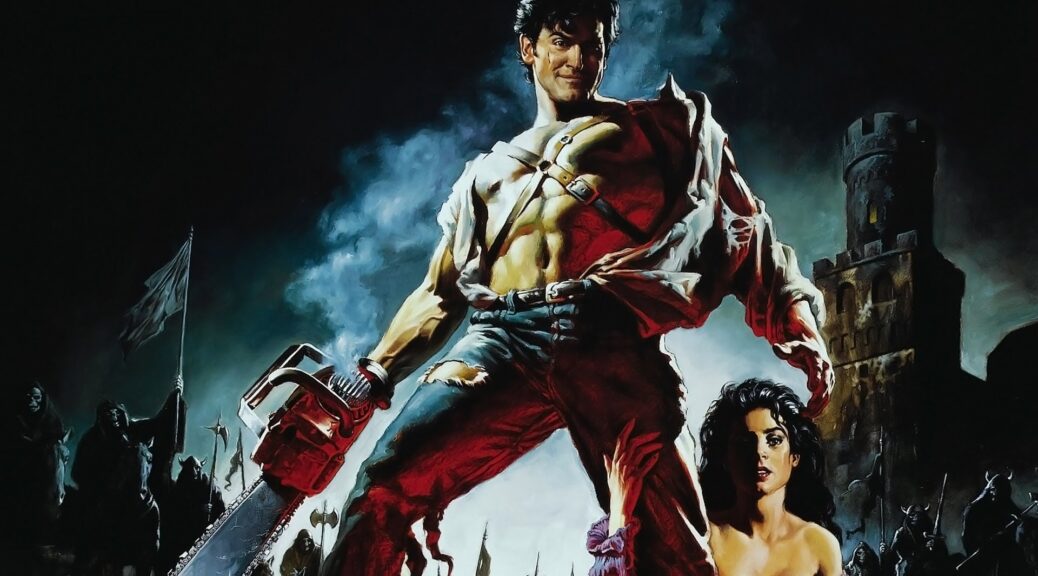Fly Me to the Moon
by George Wolf
Apologies to the Seinfeld/Maher committee, but the biggest problem in comedy isn’t woke madness, it’s people not even realizing when their leg is being pulled.
Remember “Birds Aren’t Real?” It gained real believers. Q Anon? There’s good reason to think it started as gag, just to see just what type of wacked-out conspiracies some folks would buy into.
Then there’s 2002’s Opération lune, a MOCKumentary about the conspiracy theory that the Apollo XI moon landing footage was faked by Stanley Kubrick. The mocking even included much laughing and fessing up at the end of the film, but to this day conspiracy fans cite it as proof of the NASA/Kubrick hoax.
Fly Me to the Moon adds more historical fiction to that Opération lune idea, wraps it an impressive throwback sheen, and then leans on the playful chemistry between Scarlett Johansson and Woody Harrelson for some winning rom-com moments.
Trouble is, they aren’t playing romantic partners.
Scarlett is Kelly Jones, a born saleswoman who’s hired by NASA to get the public back behind the Apollo program. Channing Tatum is launch director Cole Davis (loosely based on Mercury astronaut Deke Slayton), a committed leader who has little use for Kelly’s marketing ploys, even if he can’t deny her beauty and charm.
Kelly’s campaign works so well that President Nixon decides the moon landing is now “too big to fail,” and sends Moe Berkus (Woody) in to charge Kelly with filming a fake landing that can be used for backup.
And Kelly better agree to the ruse no matter what Cole thinks, or else some embarrassing facts about her past might come to light.
Director Greg Berlanti (Love, Simon) weaves some snappy production design into a zesty 60s aesthetic. There is style aplenty, which always props up a debut screenplay from Keenan Flynn, Rose Gilroy and Bill Kirstein that throws a drive-by bone to the science vs. religion debate while it delivers more amusement than outright comedy.
Nice supporting turns from Ray Romano and Jim Rash add to the list of likable elements, but as Kelly and Cole finally get romantic, you can’t be blamed for wanting a little more Woody. No doubt, Tatum has proven to be a solid comedic talent, but here he’s tasked instead with delivering Cole’s tortured backstory as well as his conflicted torch for Kelly, and neither is convincing.
Johansson carries the film by crafting Kelly as a delightful blend of con artist and seductive vamp. Harrelson is a natural as the winking rogue with a talent for intimidation. It’s no surprise, then, that the entire film steps more lively when those two are trying to outfox one another.
Enjoy their mischief, even if none of this really happened, a fact which makes the two-hour-plus running time seen a little more bloated. Still, Fly Me to the Moon has just enough stylish star power to make it a satisfying flight about something that never really happened.
And remember, birds are real.
















